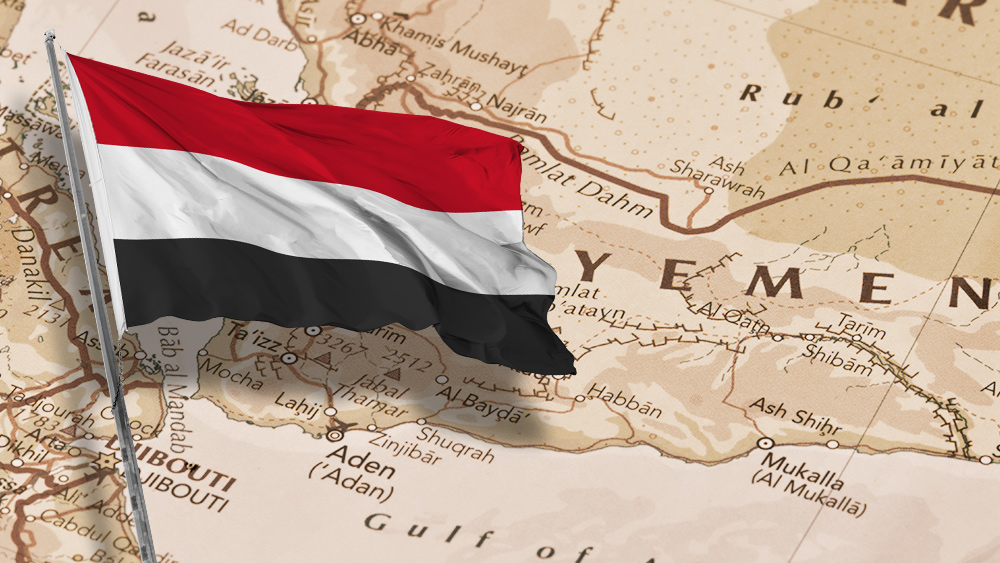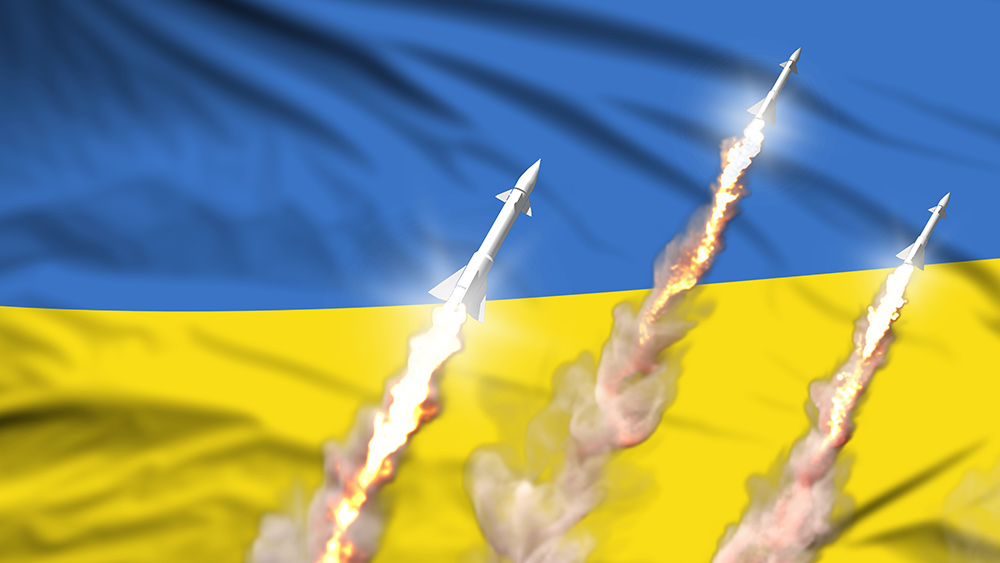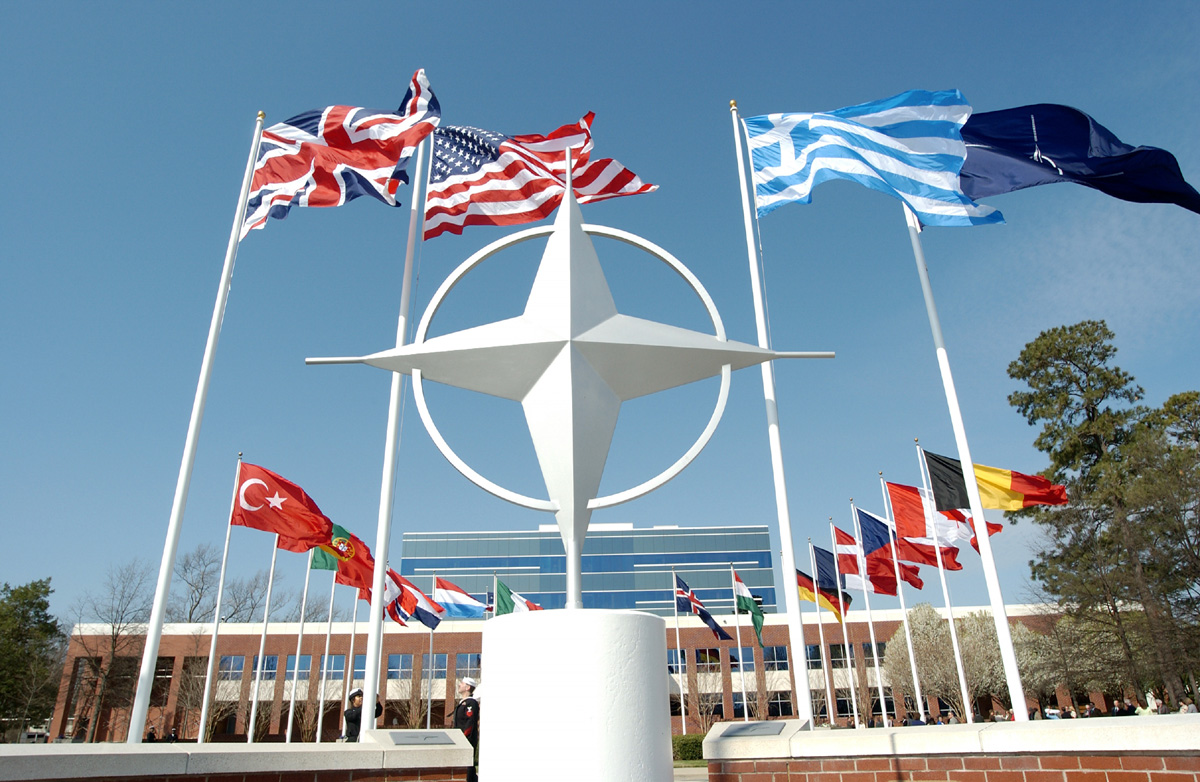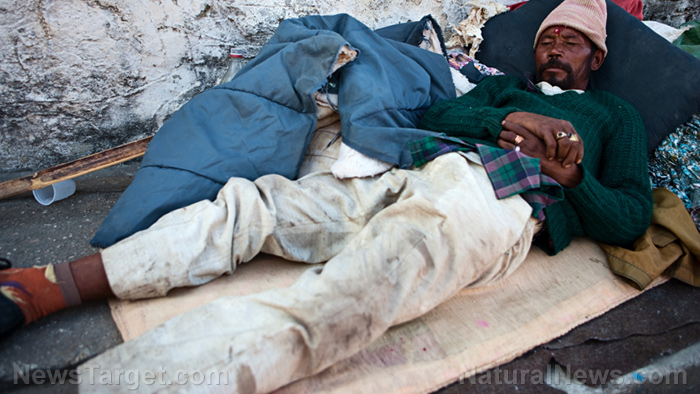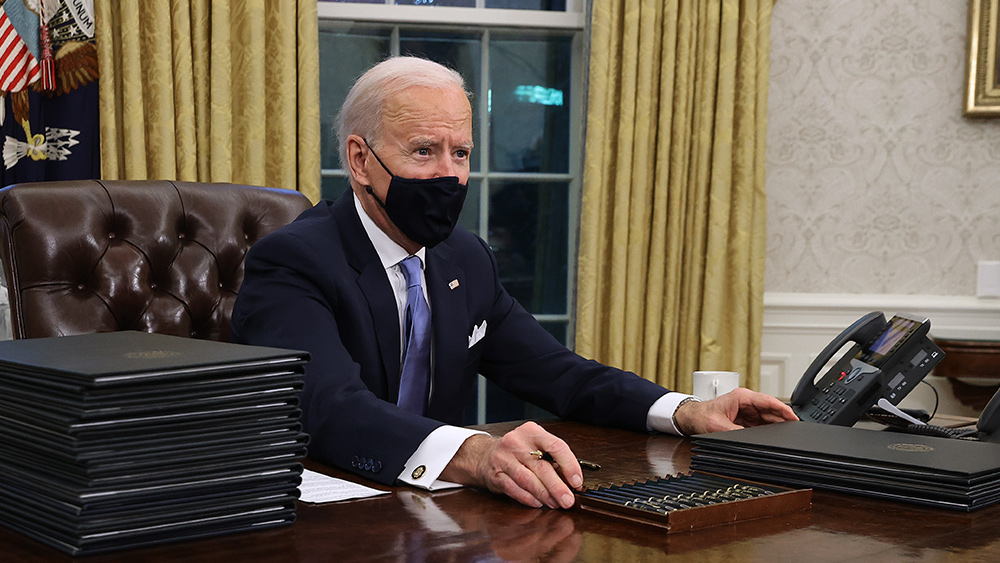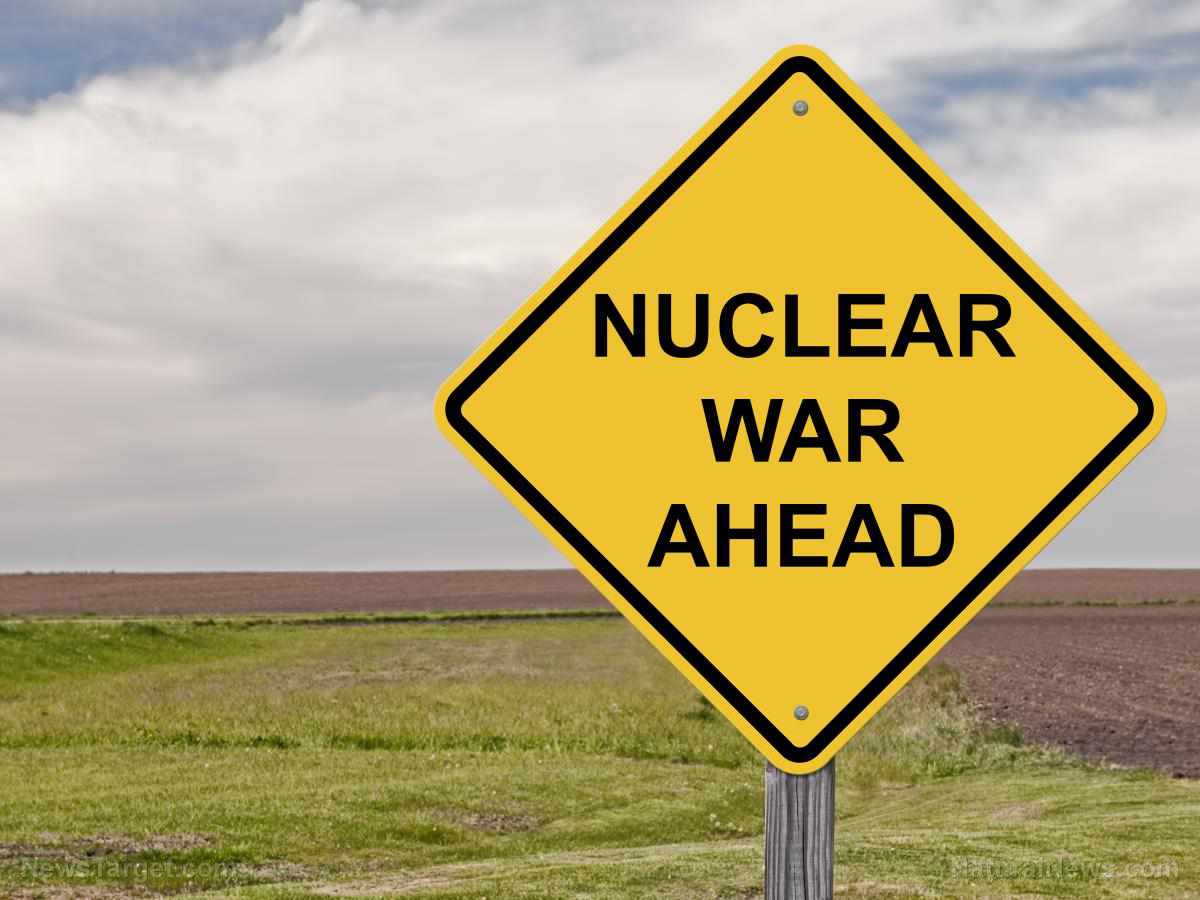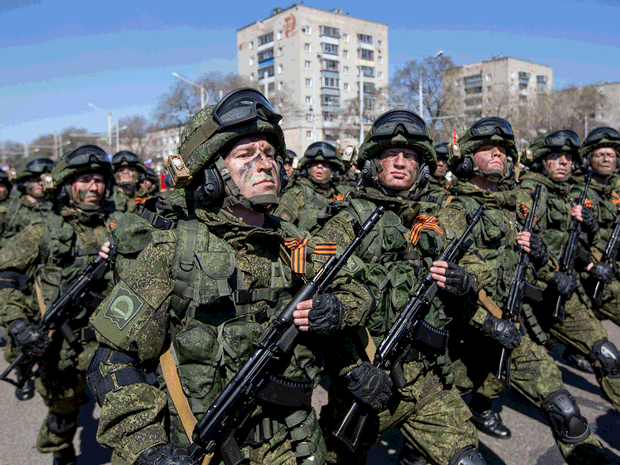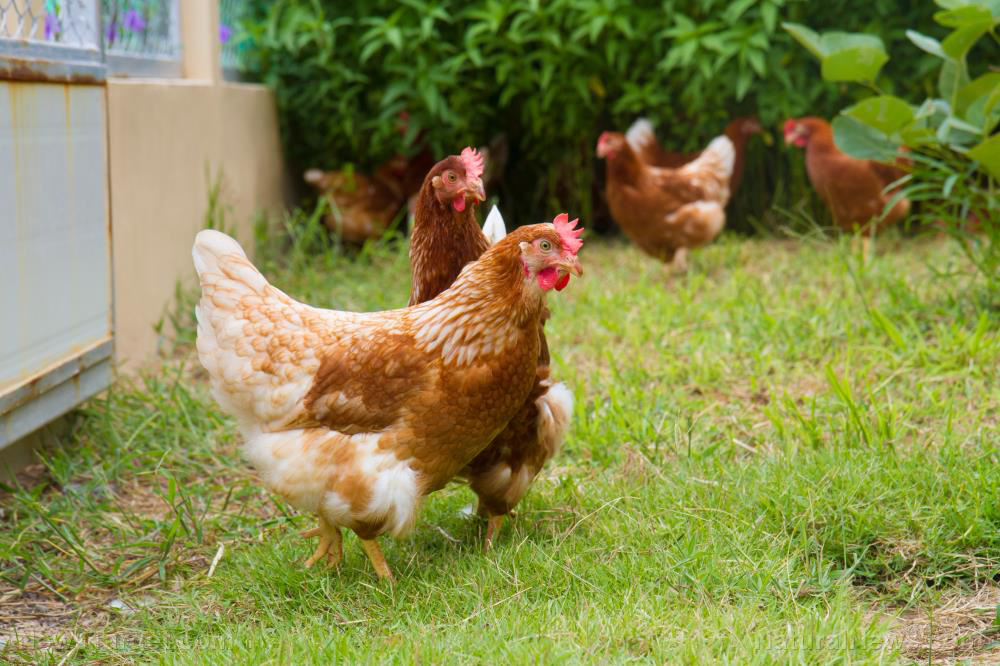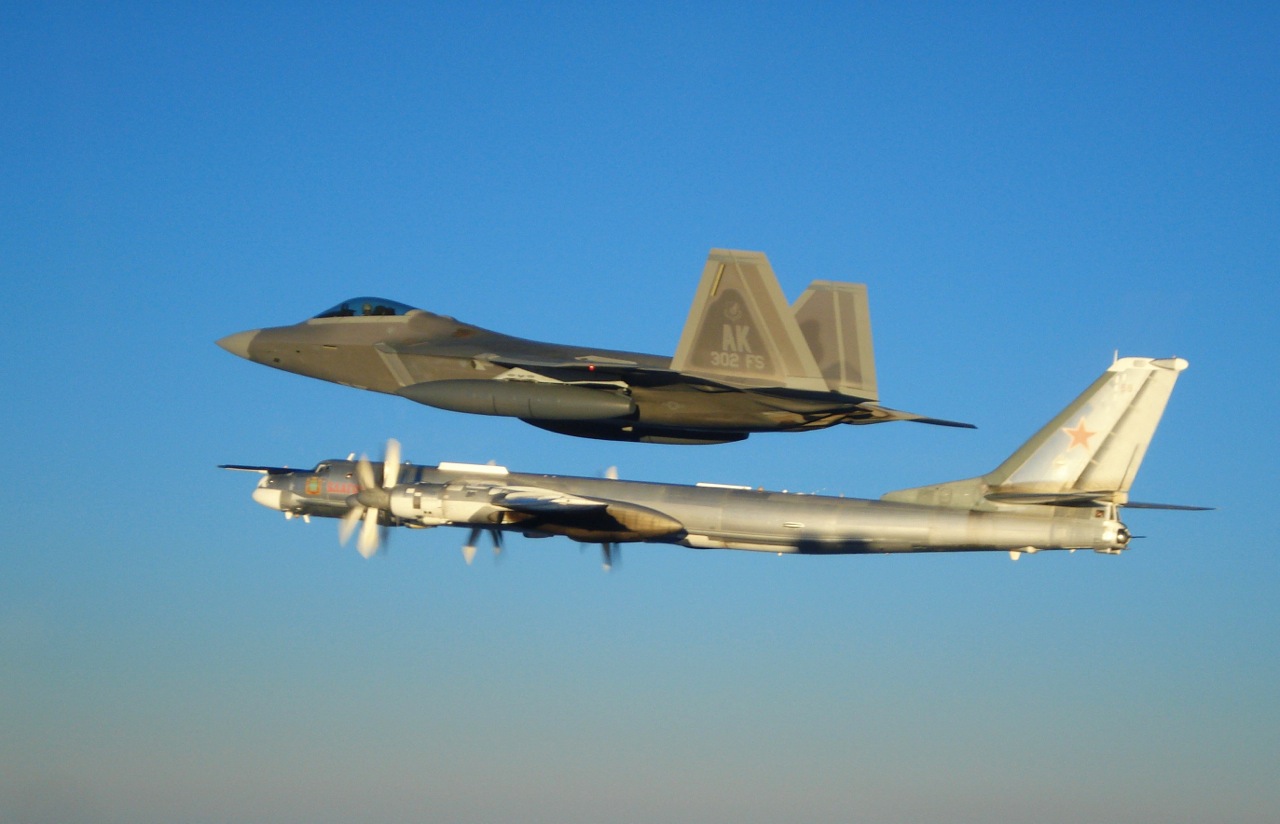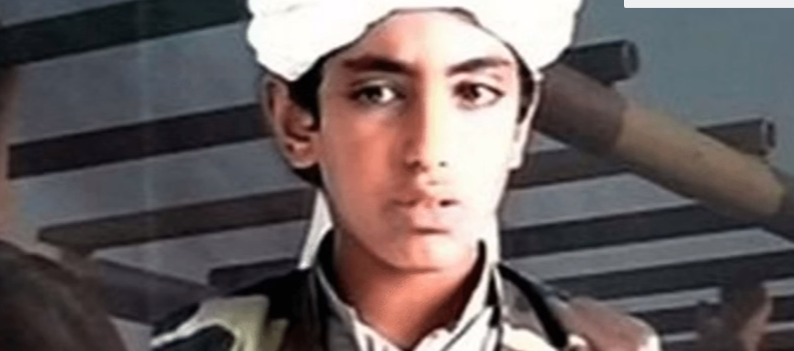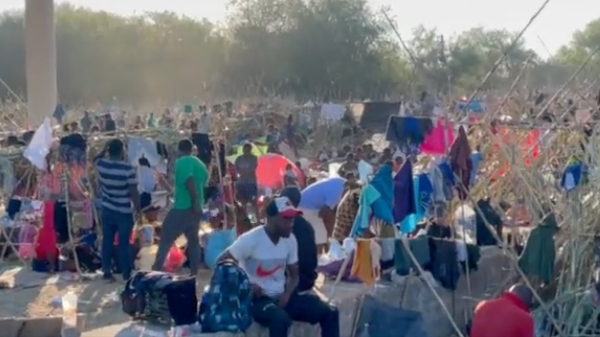DoD plans Eastern Europe nuclear strike simulation to prepare for potential collapse of world’s agriculture system
09/17/2024 / By Cassie B.
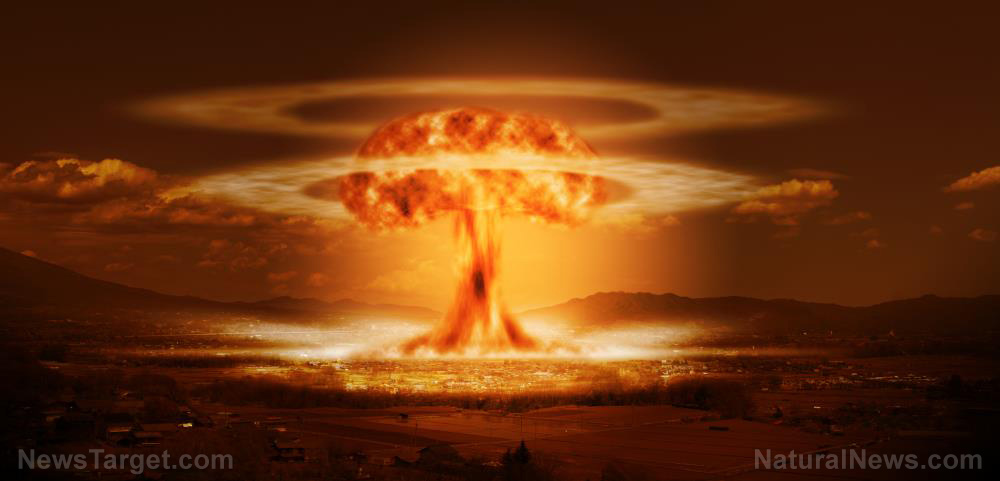
A program simulating the potential effects of a nuclear strike on worldwide agriculture is in the works at the Department of Defense, according to a procurement notice, and the focus will be on areas “beyond Eastern Europe and Western Russia.”
The notice about the project appeared on the official U.S. government website for contract opportunities, SAM.gov. Its description states: “The minimum needs of this contract are that the contractor provide all personnel, equipment, facilities, supervision, and other items necessary to conduct studies that demonstrate modeling of nuclear warfare on a global scale that would lead to destruction of the agriculture systems such as farms.”
The project will fall under the umbrella of the U.S. Army Corps of Engineers’ Engineer Research and Development Center, who are looking to model how food production systems could be affected by a nuclear disaster. Although it could yield potentially valuable information, one has to wonder why they suddenly feel the need to carry out such a project.
The prolonged military conflict between Ukraine and Russia is almost certainly behind this concern, and it’s worth noting that Secretary of State Antony Blinken has insinuated that the White House may be poised to lift restrictions on Ukraine using the long-range weapons it has received from Western nations inside of Russia.
In other words, it seems likely that the DoD is preparing for the potential fallout of what could be a dramatic change to the way the conflict is currently playing out there. There are also concerns that the pursuit of these types of projects could indicate changing military priorities are on the horizon.
The Colorado data modeling firm Terra Analytics has been awarded the contract, which will also entail optimizing a software suite simulating the fallout of nuclear warfare on infrastructure related to agriculture. Aerial mapping and other approaches will be used to explore how food supplies and farms in former Eastern bloc countries could be affected.
Another component of this study is the development of a better model simulating the effect that radioactive materials would have on agriculture in an unspecified “non-destructive nuclear event.”
The fact that the contractor working on the project must be able to adapt the software to meet the specifications of classified Department of Defense computing systems would appear to indicate that the project may be linked to national security concerns.
Putin has hinted at a nuclear response if West allows Ukraine to use long-range weapons inside Russia
Last week, Russian President Vladimir Putin said that if the West does change its stance to allow Ukraine to use weapons it has supplied them inside of Russia, it will be directly fighting Russia and the nature of the conflict would change considerably. He promised to launch an “appropriate” response but did not provide details. However, he said earlier this summer that one option was arming enemies of the West with Russian weapons so they could strike Western targets abroad.
Some analysts, like University of Innsbruck security specialist Gerhard Mangott, believe that Russia might send a nuclear signal.
“The Russians could conduct a nuclear test. They have made all the preparations needed. They could explode a tactical nuclear weapon somewhere in the east of the country just to demonstrate that (they) mean it when they say we will eventually resort to nuclear weapons,” he stated.
Meanwhile, Russian’s ambassador to the UN, Vassily Nebenzia warned that NATO will “be a direct party to hostilities against a nuclear power” should it permit Ukraine to use its long-range weapons against Russia.
He cautioned: “You shouldn’t forget about this and think about the consequences.”
Sources for this article include:
Submit a correction >>
Tagged Under:
agriculture, big government, chaos, Collapse, conspiracy, Dangerous, disaster, food collapse, food supply, hunger, insanity, military tech, national security, NATO, nuclear war, nuclear weapons, organic farming, radiation, Russia, Russia-Ukraine war, starvation, Ukraine, weapons technology, White House, WWIII
This article may contain statements that reflect the opinion of the author
RECENT NEWS & ARTICLES
COPYRIGHT © 2017 NATIONAL SECURITY NEWS




